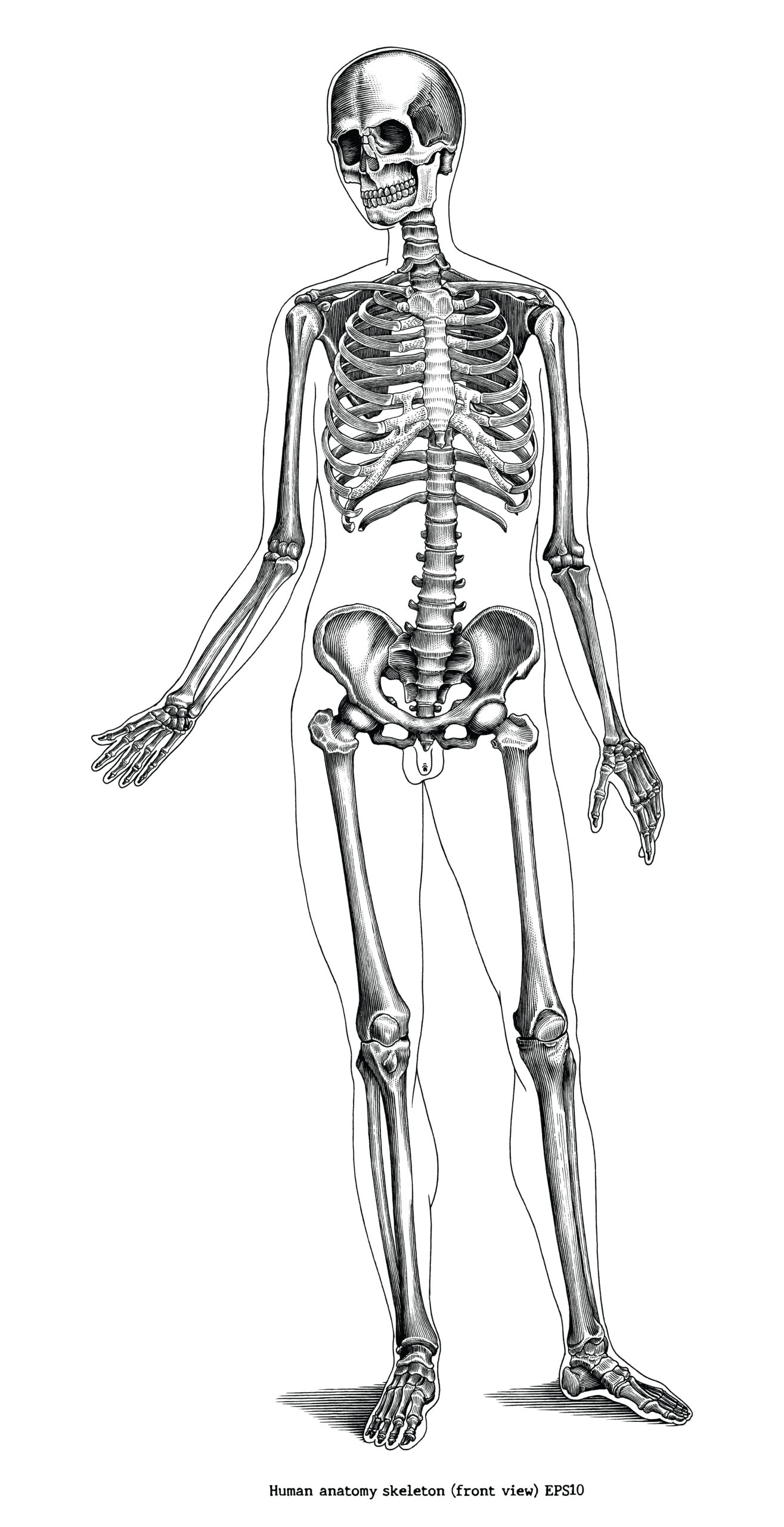The Importance of Health Screenings
Getting a physical exam and health screenings is important for everyone. It’s the best way to detect any potential health problems early when they’re easier to treat. Let’s take a look at just how valuable health screenings and early detection can be.
Everyone should get health screenings regularly to help them stay healthy.
Your residents must have a health assessment before they are admitted, and annually thereafter. However, any change in health requires reassessment–don’t wait until their next annual exam!
Be sure to follow up and ensure that your resident receives any specific type of screening called for by their physician. If you are not whether a resident needs to be screened for a particular health condition, talk to their physician. They will be able to help decide which type of screening is best based on your resident’s age and risk factors.
Screening for Type 2 Diabetes
Type 2 Diabetes is a condition in which the body doesn’t use insulin properly, causing the level of sugar (glucose) in your blood to rise. Having high blood glucose levels can lead to serious health problems, such as heart and kidney disease.
When you eat foods that contain carbohydrates (sugars), they break down into glucose. The pancreas releases insulin into your bloodstream so that cells can use glucose for energy. If you don’t produce enough insulin or if cells reject it, glucose builds up in the blood instead of being absorbed by cells. This causes type 2 diabetes symptoms such as fatigue, blurry vision, and frequent urination.
The American Diabetes Association recommends testing for diabetes every three years if a person’s risk factors are low; every two years if they’re moderate; and annually if they’re high.
Learn more about Type 2 Diabetes in our new online course approved for ARF, RCFE, GH, and STRTP administrators and staff!


Osteoporosis Screening
Osteoporosis is a disease that causes bones to become weak and brittle. The bones become weak and brittle because they are less dense than they should be. Osteoporosis can affect a person at any age, but it is more common in older people.
Osteoporosis screenings use special machines called densitometers to measure bone density. Some of the things the physician might find out from an osteoporosis screening include:
- Your resident’s risk for developing osteoporotic fractures in the future;
- Whether or not your resident has osteopenia (low bone mass); and
- How well their treatment plan is working
Learn more about osteoporosis in our new online course approved for ARF, and RCFE administrators and staff!
Health screenings are the best way to stay healthy and make sure that your resident is living their life to its fullest. Getting health screenings regularly can catch problems early on before they become serious threats to your resident’s health.

